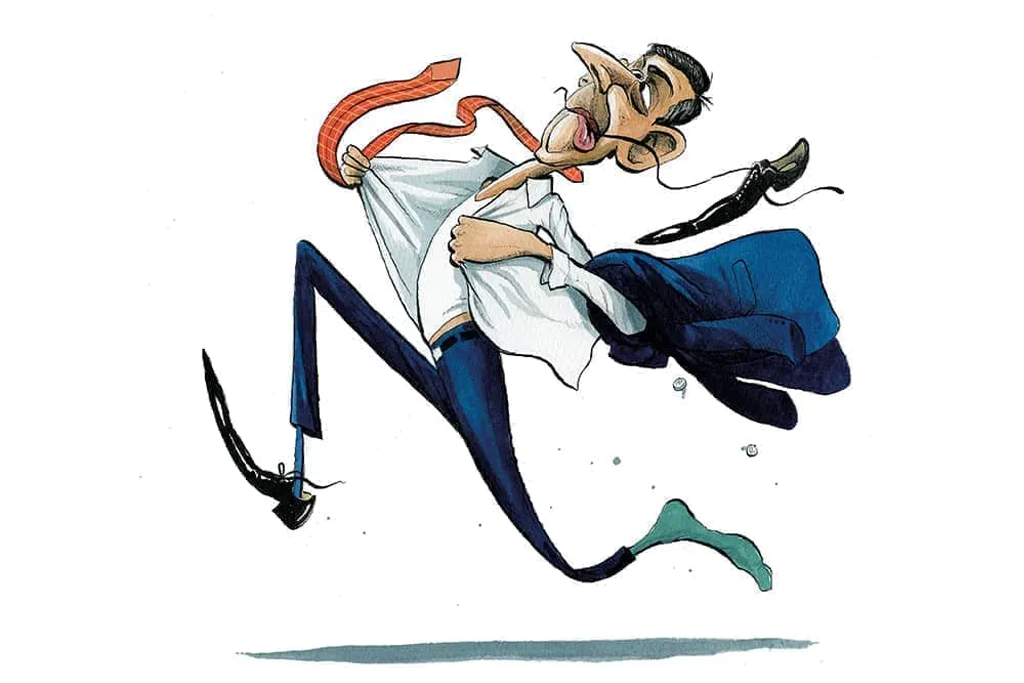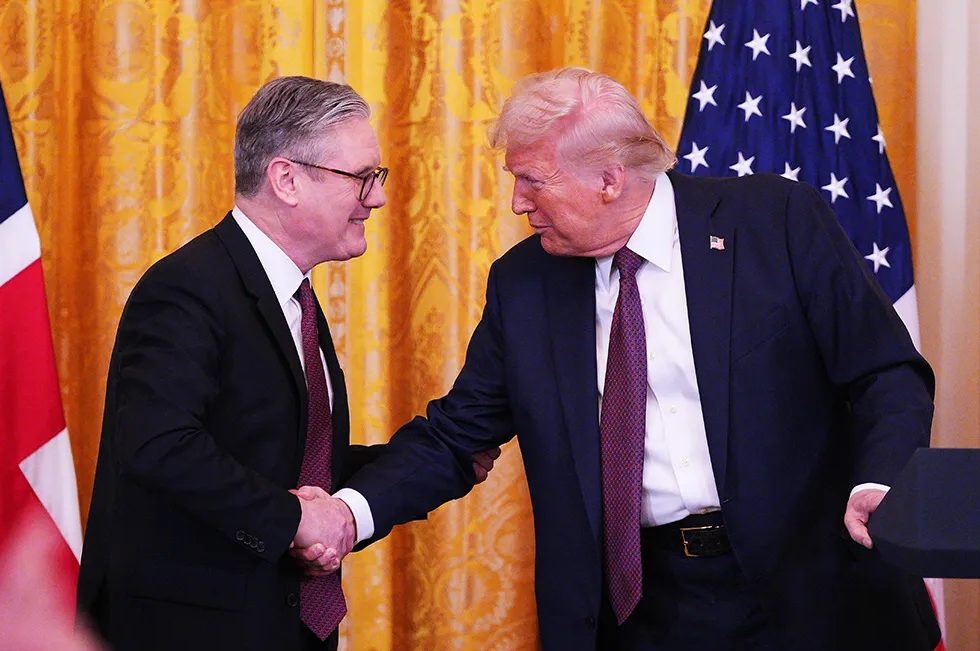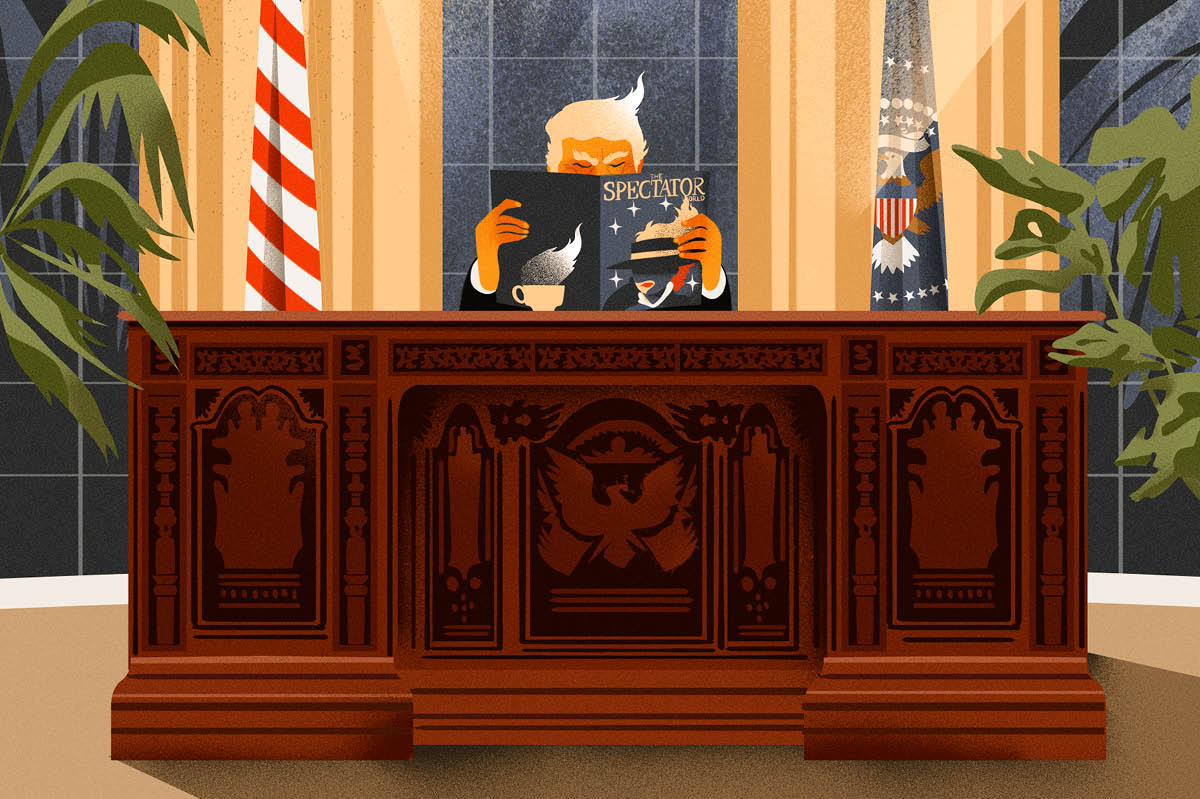Rishi Sunak has been elected leader of the Conservative Party and will be Britain’s next prime minister after Penny Mordaunt pulled out of the race. By the 2 p.m. GMT deadline, 197 Tory MPs — half of the party — had come out for him. Just twenty-seven had gone public for Mordaunt: her team said that anonymous endorsements took to this to ninety-seven. Given that only Sunak qualified, the final numbers will never be known. He spoke to Tory MPs at 2:30 p.m. GMT in private.
It is a remarkable turnaround for Sunak. Last month, he lost the Tory leadership election to Liz Truss. But the vindication of his economic warnings has changed the political landscape. With government borrowing costs spiking and the chaos of the past few weeks, he came to be seen as the man to restore stability and calm to the situation. The UK gilt yield (the effective government costs fell sharply today).
Aged forty-two, Sunak becomes the youngest prime minister since Lord Liverpool. He faces a formidable set of challenges — an economic crisis, a parliamentary party that has been divided by recent events, a National Health Service that is at full stretch even before winter has begun and a war in Europe. To add to that, he starts more than thirty points behind Labour in the polls.
His challenge now is to build an internal coalition. He must show that his will be a broad-based cabinet that will represent the talent in the party. He then needs to show a country which is thoroughly fed up with political drama that there will now be a period of competent, good government that begins to address the nation’s many problems.
This article was originally published on The Spectator’s UK website.

























